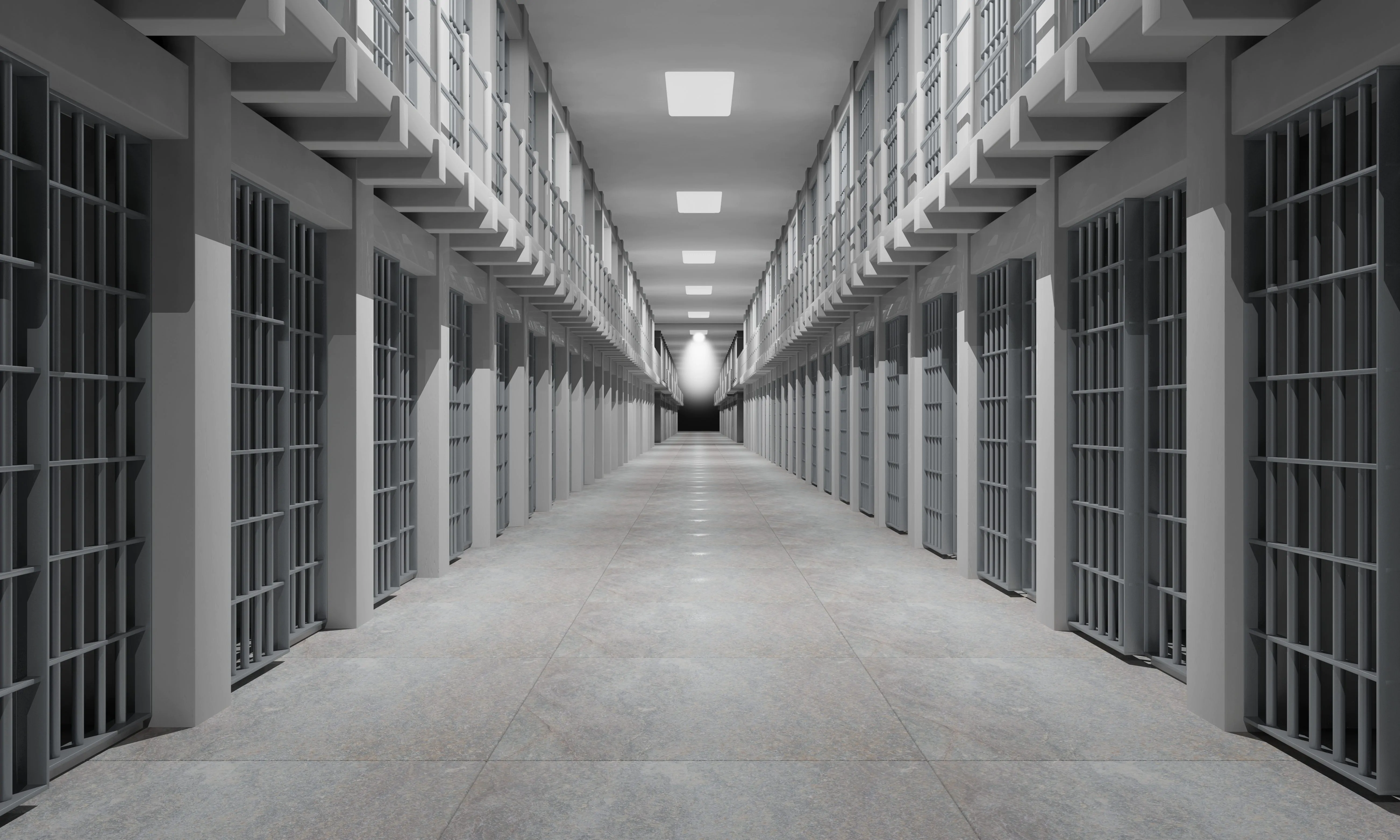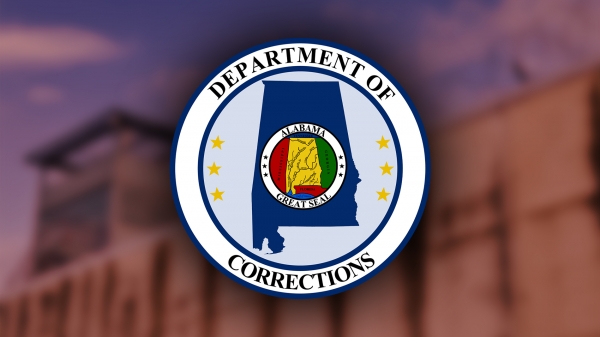One of the two private prison companies vying to build Alabama’s new prisons is looking to a Japanese Bank for financing after many U.S. banks have cut ties with businesses that detain immigrants and run for-profit prisons.
Tennessee-based CoreCivic, one of four companies that Gov. Kay Ivey’s office in November announced will move forward in a plan to build three new prisons at an estimated cost of $900 million, is seeking a $250 million loan from the Japanese financial firm Nomura Holdings Inc., according to several news accounts.
CoreCivic and the private prison company Geo Group, another of the four moving forward in Alabama’s process to build the new prisons, have both faced increased public pushback for providing housing for immigrants for the U.S. Immigration and Customs Enforcement (ICE), some of which held children in cages along the U.S. border, which spurred condemnation and lawsuits alleging mistreatment and abuse of those detained.
Earlier this year CoreCivic scrapped a deal with Bank of America in which the company sought the bank’s help raising $250 million from investors to pay back revolver debt, according to Forbes.
Forbes also cited an article by the financial new service Debtwire that reported that the Japanese bank Nomura around Thanksgiving began reaching out to investors to determine whether there was support for a new term loan for CoreCivic.
The financial services company Moody’s announced on Dec. 11 that CoreCivic was seeking a $250 million loan to pay back down on $350 million in bond debt.
According to Moody’s investors to the loan would have first priority claim on a “small, select pool of real estate assets that have active management contracts with US state government partners.”
Wells Fargo, SunTrust, Bank of America, BNP Paribas, Barclays and Fifth Third Bankcorp have all said the banks would stop financing private prison and immigration detention companies.
Without access to those banks, CoreCivic and Geo Group stand to lose 72 percent, or $1.9 billion, of the companys’ current available financing, according to a joint report in July by In the Public Interest and several other groups.
Birmingham-based Regions Bank continues to provide financing to CoreCivic, however, a Spokeswoman for Regions confirmed for APR on Wednesday.
In a statement to Forbes in September a Regions spokesperson wrote that “we recognize that people have differing views about the private sector’s involvement in prisons. This is a complex issue that government officials and policymakers are in the best position to address directly.”
APR’s questions to CoreCivic about the company’s financing plans if the company is selected to build one or more of Alabama’s three new prisons went unanswered on Wednesday.
In addition to Regions, four other regional banks still provided financing to CoreCivic as of September, according to Forbes, which included Citizens in Rhode Island, Nashville-based Pinnacle Bank, First Tennessee Bank in Memphis and Georgia-based Synovus Bank.
Bloomberg reported on Wednesday that CoreCivic had also previously sought the $250 million loan from Citizens Financial Group Inc., but that the deal fell through.
“We do maintain a commitment to lending to companies that conduct their business in a socially responsible manner,” wrote Peter Lucht, a spokesman for Citizens, in an email to Bloomberg. “If that is not the case we are prepared to exit those relationships.”
An investment portfolio manager at TwentyFour Asset Management on Monday wrote about CoreCivic’s struggles finding financing due to pushback on the company’s involvement with detention centers and private prisons, and referred to such social and political pressures as Environmental, Social and Governance (ESG) factors.
“CoreCivic’s difficulty in placing the deal is the result of the increased inclusion of ESG factors in the investment process of many fixed income investors. Despite the company’s improving fundamentals, this increased focus on ESG has eroded its access to markets and made placing even a small, BB+ rated loan a significant challenge,” wrote Pierre Beniguel, a portfolio manager at TwentyFour Asset Management in a post on Monday.
Alabama’s violent, overcrowded and understaffed prisons face the possibility of a federal takeover. The U.S. Department of Justice detailed the those problems in a report released in April that states Alabama may be in violation of prisoners’ Constitutional rights.
Under the current plan the companies looking to build the prisons would lease the facilities to the state but would not operate the prisons.
The Alabama Department of Corrections expects to receive build proposals from the four contenders in the spring of 2020.



















































